About Board of Child Care
The Board of Child Care provides a variety of services to help young adults struggling with addiction and mental health issues. Dual diagnosis treatment is available for those who have co-occurring disorders, and inpatient and outpatient rehab options are both offered. Cognitive behavioral therapy, experiential therapy, family therapy, and individual therapy are all available to help patients heal from trauma and addiction.
Addiction Treatment Programs
Dual Diagnosis
For many people in Maryland, dual diagnosis treatment that addresses mental health and substance use is essential to their recovery. Part of treatment will include managing your mental health symptoms so you aren’t tempted to use substances to self-medicate. This can be done without counseling and medication.
Young Adult Rehab
A young adult rehab in Maryland addresses the recovery needs of clients in this life stage and gives them the tools they need to succeed. These treatment programs offer detox, inpatient treatment, and outpatient care tailored to the unique needs and challenges of young adults.
Insurance Coverage
Medicaid
One way to pay for rehab in Maryland is to use Medicaid if you qualify for the coverage. You can access multiple types of treatment in centers that accept Medicaid, including detox, inpatient, and outpatient care.
Private insurance
If you have private insurance in Maryland, contact the insurer for details about using your plan to pay for some or all of the cost of rehab. You may have out-of-pocket costs such as a deductible or copay, and you’ll want to look for a treatment center in-network with your insurance coverage.
Self-pay options
Using self-pay in Maryland makes it easy to choose the treatment center you want. You can use a medical loan from a bank or credit union, write a check, or send money to the center electronically. The payment structure may vary depending on the type of care.
Levels of Care
- 1
Inpatient Rehab
If you’re starting out on your recovery journey, inpatient treatment can give you the focused, supportive environment you need to build a solid foundation. Building a new life for yourself is challenging, and the focused, uninterrupted treatment you receive during inpatient care can help you lay that foundation.
Therapies
Cognitive Behavior Therapy
Receiving cognitive behavioral therapy in Maryland helps you identify your automatic interpretations of situations and how that impacts your behavior. Learning which thought distortions you are most susceptible to can help you challenge unhelpful thoughts, create better interpretations of situations, and choose healthier responses.
Experiential Therapy
Experiential therapy allows you to use activities such as art and music to express your emotions and work through trauma. During treatment, you may take part in art projects, musical expression, or physical challenges like an obstacle course. These allow you to process emotions in a non-traditional way.
Family Therapy
If you struggle with addiction in Maryland, it’s common to have broken and dysfunctional family relationships. Family therapy can help you address those issues and find support from your loved ones. Family therapy can mean addressing uncomfortable and challenging issues, but having a professional therapist facilitating the sessions makes it easier for everyone to share honestly and improve their relationships.
Group Therapy
If you struggle with addiction in Maryland, it’s common to feel like no one understands you. Group therapy can help you find common perspectives and support. Some of the topics covered in group therapy include overcoming shame and guilt, improving communication, developing healthy coping skills, and building a support network.
Individual Therapy
In Maryland, individual therapy allows you to work one-on-one with a professional to address your past experiences and substance use triggers. This support and accountability help you establish recovery. Individual therapy sessions generally last 60 minutes and may include discussing a specific issue, education about specific topics, or developing life skills.
Trauma Therapy
When you’ve experienced trauma, it’s natural to try to protect yourself from further harm. Trauma-informed therapy in Maryland can help you see how substance use is connected to your past experiences and how you can learn to care for yourself in healthier ways. Trauma-informed therapy is a normal part of evidence-based treatment programs and may be a part of inpatient treatment, outpatient care, or both. Methods include sharing of experiences, peer support, mindfulness practices, and more.
Location
Contact Board of Child Care
Top Drug Rehab Centers in Maryland
-
 Maryland
MarylandRecovery Centers of America Bracebridge Hall
314 Grove Neck Road Earleville, Maryland 21919
-
 Maryland
MarylandA Helping Hand Health Services
6401 Dogwood Road, Suite 201 Pikesville, Maryland 21207
-
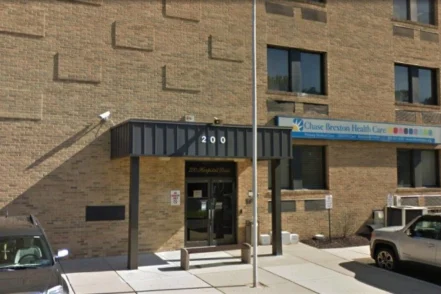 Maryland
MarylandChase Brexton Health Care Glen Burnie
200 Hospital Drive, Suite 300 Glen Burnie, Maryland 21061
-
 Maryland
MarylandMaryland Addiction Recovery Center
8600 Lasalle Road, Suite 212 Towson, Maryland 21286
-
 Maryland
MarylandTranquility Woods Treatment
171 A Ryan Road Pasadena, Maryland 21122
-
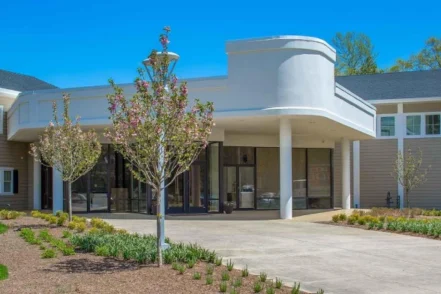 Maryland
MarylandRecovery Centers of America Capital Region
11100 Billingsley Rd Waldorf, Maryland 20602
-
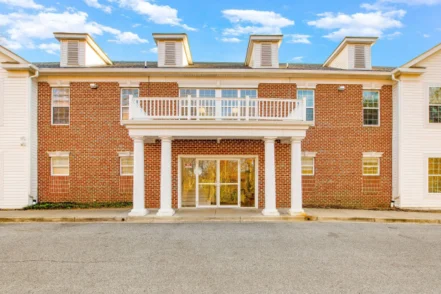 Maryland
MarylandAvenues Recovery Center at Prince Frederick
125 Fairground Road Prince Frederick, Maryland 20678
-
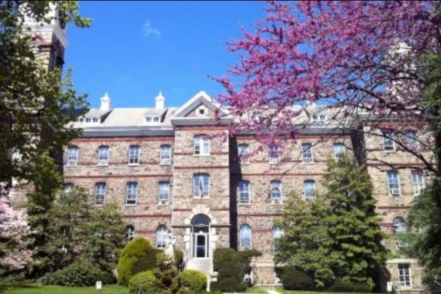 Maryland
MarylandMountain Manor Treatment Center Emmitsburg
9701 Keysville Road Emmitsburg, Maryland 21727
-
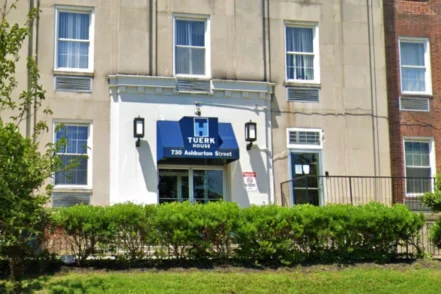 Maryland
MarylandTuerk House Baltimore
730 Ashburton Street Baltimore, Maryland 21216
-
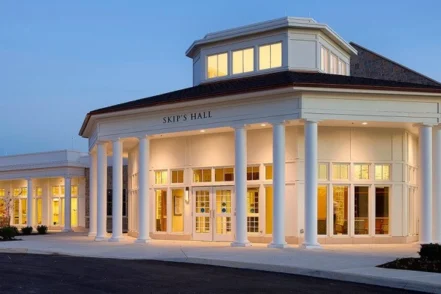 Maryland
MarylandAshley Addiction Treatment Havre De Grace
800 Tydings Lane Havre De Grace, Maryland 21078